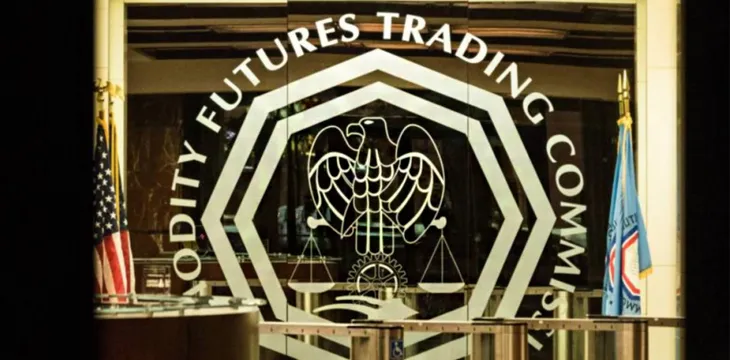|
Getting your Trinity Audio player ready...
|
Patrick Kerry McDonnell, operator of Cabbage Tech Corp. aka Coin Drop Markets, has been permanently banned from trading in digital assets and ordered to cough up $1.1 million in fines in connection with a case filed by the U.S. Commodity Futures Trading Commission (CFTC).
In January, the CFTC filed a lawsuit accusing McDonnell of “fraud in connection with virtual currencies, including Bitcoin and Litecoin.” The CFTC claimed McDonnell has been introducing himself as an expert offering cryptocurrency investment advice, taking investors’ money, and then disappearing along with the money.
Last week, U.S. District Court for the Eastern District of New York Judge Jack B. Weinstein found that McDonnell and his company “engaged in a deceptive and fraudulent virtual currency scheme to induce customers to send money and virtual currencies to CDM, purportedly in exchange for real-time expert virtual currency trading advice and for virtual currency purchasing and trading on behalf of the customers under McDonnell’s direction.”
To conceal their scheme, federal authorities said McDonnell and his company deleted its online footprint and stopped communicating with Coin Drop Markets customers, “who lost most if not all of their invested funds.” Coin Drop Markets, Cabbage Tech and McDonnell were not registered with the CFTC in any capacity, according to the commission.
“These misrepresentations were lies, and McDonnell simply misappropriated customer funds in what the Court found was the ‘vicious defrauding of customers,'” according to the court ruling.
McDonnell’s case fanned the flame of which U.S. agency has jurisdiction over cryptocurrencies. Because cryptocurrencies are still relatively new, legislation does not cover them yet, so there was a question whether the CFTC could “exercise its jurisdiction over fraud that does not directly involve the sale of futures or derivative contracts.” Weinstein ruled in favor of the CFTC, saying cryptocurrencies are considered as commodities and the CFTC therefore has the authority to regulate them.
“As the court’s judgment makes clear, the CFTC will continue to act aggressively to identify bad actors involved in virtual currencies and hold them accountable,” CFTC Director of Enforcement James McDonald said in a statement.

 07-06-2025
07-06-2025 





